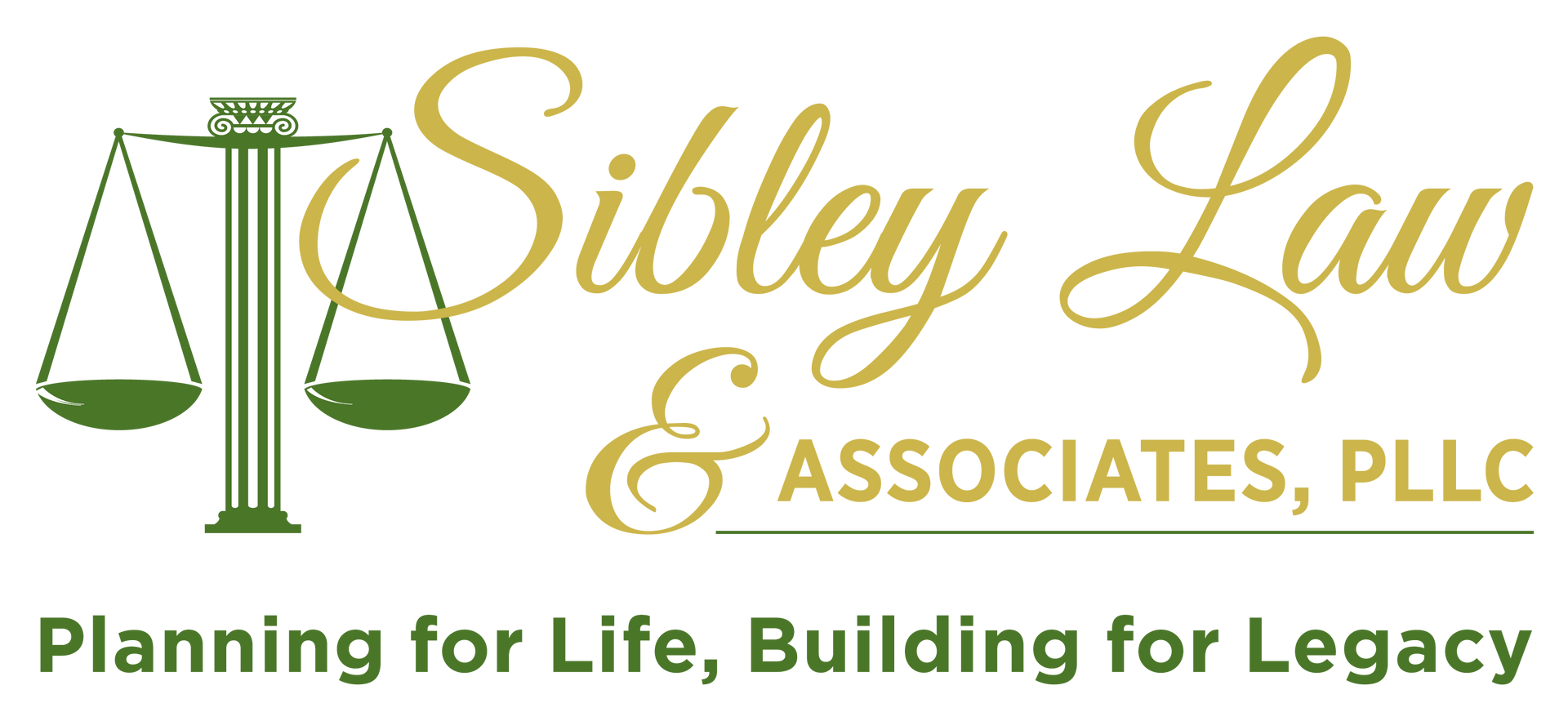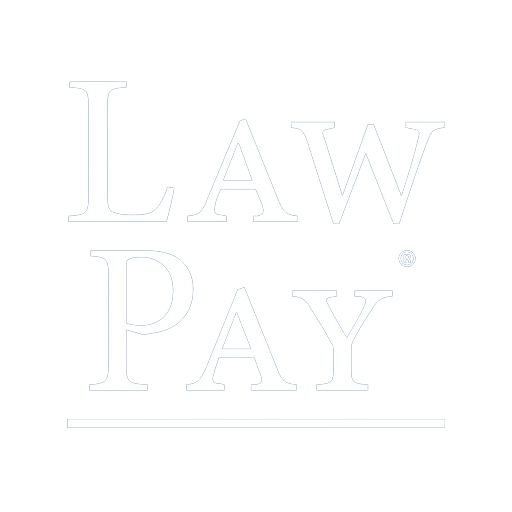What Gene Hackman’s Estate Teaches Us About Wills & Beneficiary Planning
When Hollywood icon Gene Hackman passed away at 95, his $80 million estate faced complications no one expected. Despite a long-standing will naming his wife, Betsy Arakawa, as the sole beneficiary, unforeseen circumstances, including her tragic passing just seven days prior, left a cloud of legal uncertainty over the future of his estate.
What happens when a will doesn’t plan for life’s unpredictable events? How can you ensure your wishes are honored, and your loved ones are protected? Gene Hackman’s story serves as a cautionary tale for families everywhere. Today, we’ll break down the critical estate planning lessons his case offers and explore how you can safeguard your legacy.
What Went Wrong? A Closer Look at Gene Hackman’s Estate
Gene Hackman and Betsy Arakawa crafted a will to ensure their assets were distributed as they intended. But estate planning isn’t static, and time revealed critical gaps in their plan.
Hackman’s Original Plan
The will specified that Hackman’s entire estate would go to his wife, creating the appearance of a simple and straightforward arrangement. However, the untimely death of Arakawa before Hackman threw his plan into disarray.
The Legal Problem
Without a secondary beneficiary named in the will, the estate became subject to complex and uncertain distribution. Under default inheritance laws, Hackman’s assets could flow to estranged children who had been intentionally excluded from his will.
Why This Matters
Without a contingency plan, Hackman’s estate may now follow state succession rules, potentially ignoring his original wishes entirely.
This could have been avoided with proactive estate planning. Here are the key lessons from Hackman’s situation.
Estate Planning Mistakes and How to Avoid Them
1. Naming a Single Beneficiary Without Backup
One significant oversight in Hackman’s estate was the lack of alternative beneficiaries. By naming only his wife, his assets were left in limbo when she passed away first.
The Solution
Always name secondary (or even tertiary) beneficiaries. Life can be unpredictable, and having backup plans ensures that your estate doesn’t fall into probate or go to unintended individuals.
For example, if Hackman had named a second beneficiary, such as a close family friend or charity, it would have provided a clear path for asset distribution after Arakawa’s death.
2. Outdated Wills Lead to Fallout
Hackman’s will was last updated in 2005, meaning it did not reflect nearly two decades of life changes. Estate plans should evolve with your circumstances. Family dynamics, financial standing, and personal priorities often shift over time.
The Solution
Review and update your will every 3-5 years or after major life events, such as:
- Marriage or divorce
- The birth or adoption of children
- Buying or selling property
- Significant changes in financial status
Consider Sonny Bono’s case for comparison. The congressman and musician failed to update his will, leading to years of disputes over his royalties. Staying proactive could avoid such complications.
3. Relying Solely on a Will Instead of a Trust
Wills are essential, but they also have limitations. Hackman’s case highlights one major issue: probate. When a will is the sole document dictating an estate’s distribution, it must go through probate court. This process can result in:
- Extended delays in distributing assets
- Unnecessary legal fees
- Increased chances of family disputes
The Solution
Establish a revocable living trust. Unlike a will, trusts bypass probate, allowing your assets to be transferred directly to your beneficiaries. They also provide greater privacy and reduce the risk of legal challenges.
Consider the case of Jimi Hendrix, a musician whose lack of a trust left his estate entangled in legal battles for decades. A trust could have streamlined the asset distribution process and safeguarded his wishes.
Legal Consequences of Estate Planning Gaps
Gene Hackman’s estate is a classic example of what happens when well-intentioned plans intersect with real-world complexities. Here’s what the courts may now need to decide:
- Distribution Under State Laws - Hackman’s assets could end up with heirs unnamed in his will, a decision guided more by state laws than his personal intentions.
- Disputes Among Potential Heirs - Estranged children or other relatives may contest the will, creating conflicts, delays, and further legal fees.
- Potential for Probate - Without a trust in place, his assets may be stuck in probate court, significantly slowing down the inheritance process.
Avoiding these consequences requires thoughtful estate planning, but the good news is that these issues can be prevented with the right strategies.
Key Takeaways for Families
Gene Hackman’s estate highlights the importance of planning for the unexpected. Here’s how you can ensure your legacy is protected:
✅Name Backup Beneficiaries
Provide alternatives in case your primary beneficiary is unable to inherit your estate.
✅ Update Your Will Regularly
Every 3-5 years or after significant life events, revisit your estate plan to ensure it reflects your current wishes.
✅ Set Up a Trust
A trust reduces legal risk, bypasses probate, and provides a clear and private way to transfer your assets.
✅ Seek Professional Guidance
Don’t leave your legacy to chance. Work with experienced estate planning professionals to create a legally sound plan that’s tailored to your needs.
Is Your Estate Plan Bulletproof?
Every family has unique estate planning needs, but the lessons from Gene Hackman’s case apply universally. Whether it’s naming secondary beneficiaries, updating your will, or setting up a trust, careful planning ensures your assets are distributed as intended.
At Sibley Law & Associates, we create customized estate plans that protect your wishes and your loved ones. From drafting wills to setting up trusts, our dedicated team is here to guide you every step of the way.
👉 📅 Click Here to Book a FREE Discovery Call Today!
Call: (321) 844-8694
Email: Office@sibleylawpa.com
Visit: www.legacylawyeratsibleylaw.com
Don’t leave your estate to uncertainty. Take the first step toward protecting your legacy today.
This article is a service of
Sibley Law & Associates, a
Personal Family Lawyer® Firm. We don’t just draft documents; we ensure you make informed and empowered decisions about life and death, for yourself and the people you love. That's why we offer a Life & Legacy Planning Session™, during which you will get more financially organized than you’ve ever been before and make all the best choices for the people you love. You can begin by calling our office today to schedule a Life & Legacy Planning Session™.
This material was created for educational and informational purposes only and is not intended as ERISA, tax, legal, or investment advice. If you are seeking legal advice specific to your needs, such advice services must be obtained on your own separate from this educational material.


















